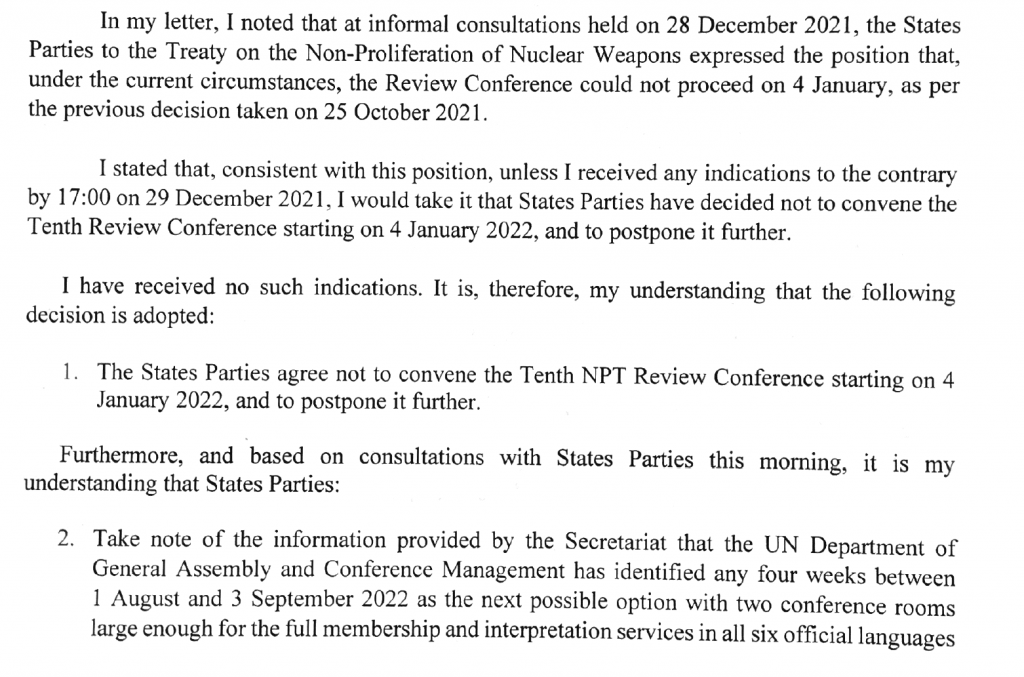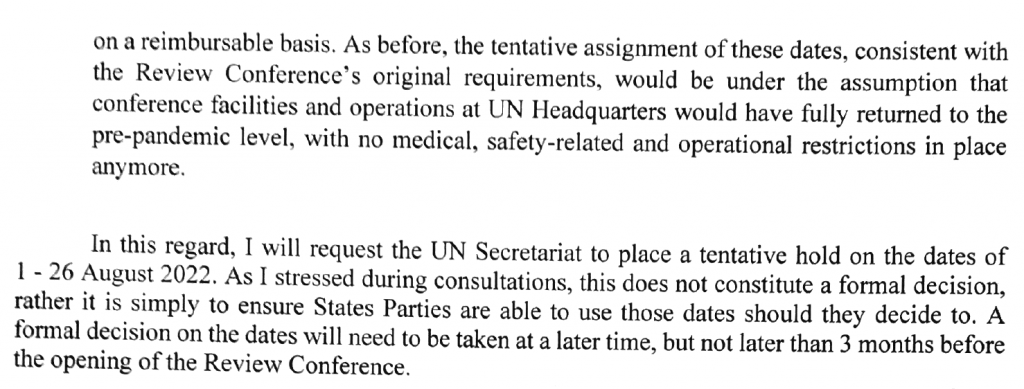Off-topic, but I feel the need to highlight the below portion of. this 1995 LRB article (behind paywall, I think)::
On 24 September 1940, shortly after 9 p.m., those British radio listeners who had tuned their sets to 213 metres on the medium wave (a little higher than the frequency of the BBC Home Service) were in for a shock. ‘Have you ever seen Beaverbrook?’ asked one of the announcers, referring to the current Minister for Aircraft Production. ‘Well, we often have in meeting halls, and what we could never understand was, why he was on the platform instead of swinging from one chandelier to another … He’s a miserable little coward and the best way of dealing with a bloody fucker like him is to get hold of him personally and give him a good beating which he won’t forget.’ This attack on Lord Beaverbrook, which must have sent a frisson of delighted horror through its listeners, was something of a milestone in broadcasting history, for it was the first time that the word ‘fuck’ had been transmitted to a British radio audience.
There was something else peculiar about this programme. Even a casual listener could tell that the station, which announced itself as Workers’ Challenge, did not belong to the BBC, although it claimed to be broadcasting from within the British Isles. As most of its regular listeners knew, Workers’ Challenge was a German propaganda station, whose programmes were produced by the Büro Concordia, part of the Foreign Service of the Nazi broadcasting organisation, the Reichsrundfunk. As Adrian Weale describes in his Renegades: Hitler’s Englishmen, Workers’ Challenge was the responsibility of Büro S, and at the time of this historic broadcast the announcers were Sergeant MacDonald and Guardsman William Humphrey Griffiths of the British Army, both recruited from German prisoner-of-war camps. While broadcasting for Büro S, they lived in an apartment in Berlin, wore civilian clothes, were provided with supplies of tobacco and alcohol and, if they liked, were escorted once a week to a nearby brothel.
The announcers of Büro S thus lived quite different lives from their counterparts at the BBC, but then the programmes they broadcast were also quite different. The attraction of Workers’ Challenge lay not only in the fact that its announcers spoke in working-class regional accents, but also that they swore constantly. According to their characteristic style, the ‘bloody government’ was soon going to lose ‘the bloody war’, at which point ‘Churchill and his buggers will clear off.’ For listeners raised on the sedate broadcasts of the Home Service, whose announcers wore evening dress and were required to speak what was called ‘educated English’, this was a distinct novelty. As one BBC listeners’ report admitted, Workers’ Challenge had built up a significant audience, for ‘people switch on to hear the swear words.’ ‘Old ladies in Eastbourne and Torquay are listening to it avidly,’ admitted another official, ‘because it is using the foulest language ever. They enjoy counting the Fs and Bs.’


